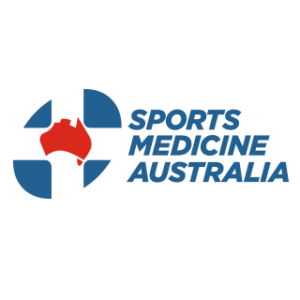Hockey places many demands on the technical and physical skills of players. During the course of play, players accelerate, decelerate and change direction all whilst trying to hit, pass, stop/trap or dribble the ball. As a result, injuries can and do occur.
The causes and types of injuries
- Common causes of injuries are being struck by the ball or stick, contact with the playing surface and contact with other players.
- Injuries to the fingers/thumb, knee, ankle, thigh and head/face are the most common.
- Common types of injuries are bruising and muscle strains or tears.
- Back pain is also common.
- More serious injuries, such as broken bones, concussion and ligament ruptures, are less common.
Factors increasing your injury risk
- Not wearing protective equipment.
- Poor physical conditioning.
- The amount and level of participation.
- Having had a back problem.
- Having had a sports injury in the previous 12 month • Poor rehabilitation.
Factors decreasing your injury risk
- Undertaking a sport-specific training program, preferably designed by a qualified exercise or sports professional.
- Having had experience playing hockey in the previous 12 months.
- Excellent stamina.
- Being physically active beyond hockey.
- Not drinking alcohol 48 hours before a game.
Safety tips for hockey
- Good preparation is important
- Avoid playing with a pre-existing illness or injury. If in doubt, talk to your doctor.
- Always warm up, stretch and cool down, especially the lower back.
- Undertake a training program to develop skills and techniques before competition.
- Undergo a fitness program to develop endurance, strength, balance, coordination and flexibility.
To see the full article go to the Sports Medicine Australia Website. click here

Safer Sport Courses
Sports Medicine Australia’s Safer Sport Courses have been specially developed for coaches, players, officials, teachers, volunteers, community sports clubs, schools, sports trainers and healthcare professionals. These courses are industry-recognised and respected.
The courses have a distinct emphasis on gaining practical skills, such as sports injury prevention, immediate injury management and crisis management techniques, as well as promoting the health and lifestyle disease prevention benefits of physical and recreation activity.
Sports Medicine Australia offers the following industry accredited training courses:
